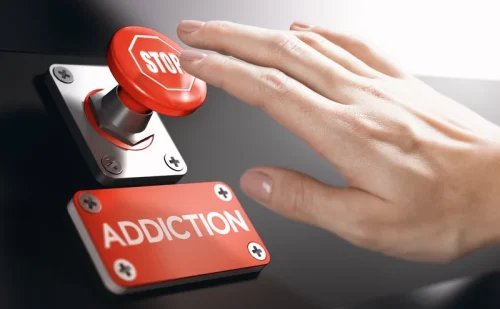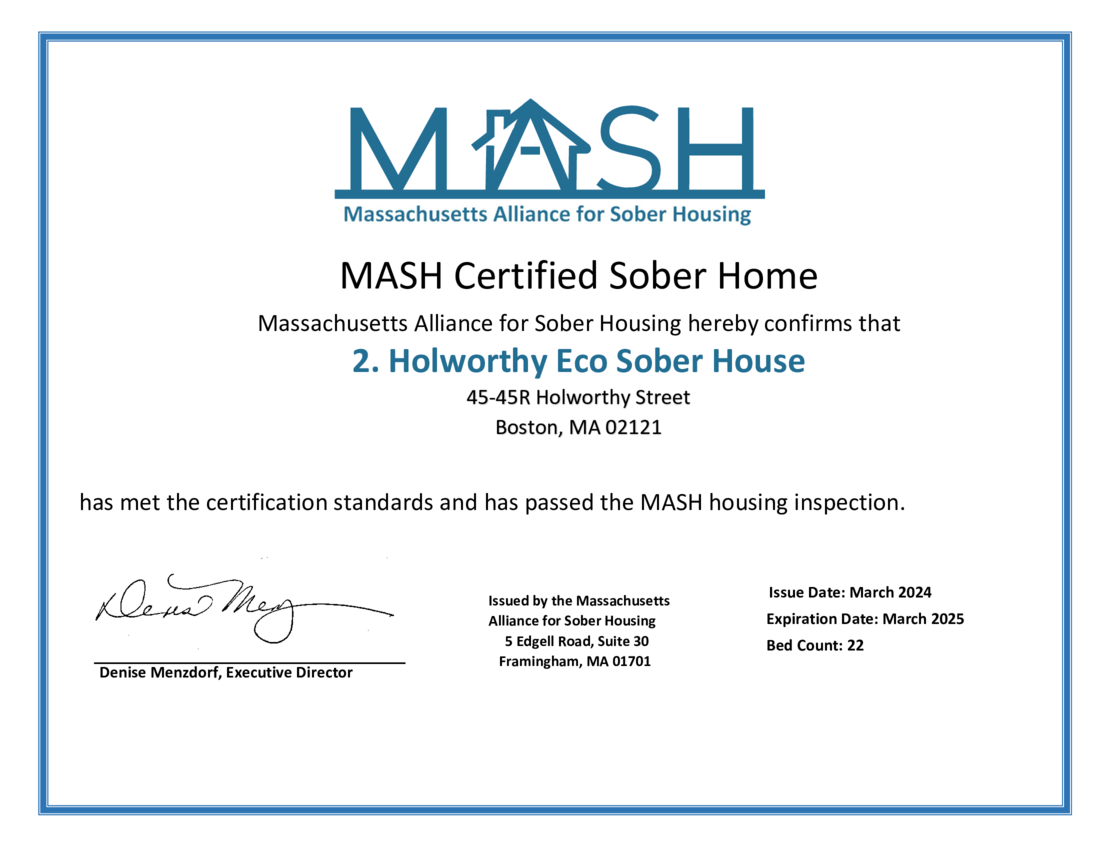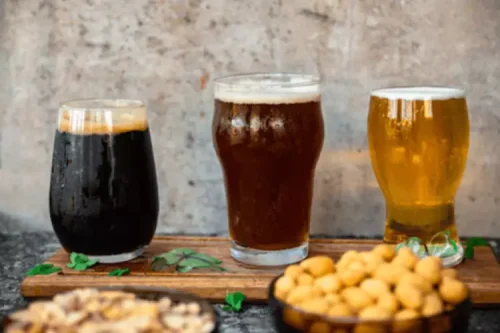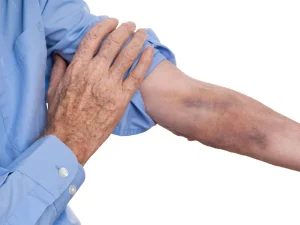
For example, some people choose to write a list of reasons why they want to stop drinking alcohol, and revisit the list to remind themselves after a relapse. You may want to speak with a loved one or therapist about a strategy to prevent relapses how to taper off alcohol from happening. Avoid people who may encourage you to drink alcohol or may not support your decision to stop. It may be easier on your rehabilitation to skip visits with “drinking buddies” or avoid gatherings with a focus on drinking.
Consider Medically Assisted Detox

When you taper your alcohol, you slowly reduce your alcohol intake over time. By gradually drinking less instead of stopping cold turkey, your body has a chance to adapt to smaller and less frequent drinks. Quitting abruptly can be dangerous without medical supervision due to potential withdrawal symptoms. Gradually decreasing alcohol intake through supervised tapering can make quitting safer and ease withdrawal severity. If alcohol withdrawal is so dangerous, is tapering off alcohol necessary for everyone who drinks? If you’ve been drinking consistently for a long time, it’s a good idea to consider the safest way to stop when it’s time to cut back.

What Are The Dangers Of Stopping All At Once?
Prepare a playlist of your favorite songs or movies to pass the time. Seizures can occur within the first 24 hours, but seizures occur only in about 25 percent of patients, according to the NIAAA. But, perhaps most importantly, understand that setbacks happen and that progress takes time or may look different than imagined. Start by estimating how much you drink on a daily basis—and be honest with yourself.
Withdrawal and Safety When Tapering Off Alcohol
- You might run into obstacles along the way that tempt you to drink.
- They can take you to the hospital or help you get medical support.
- A final strategy to assist with an alcohol taper is to get a good network of peer support.
- The opinions expressed are the author’s alone and have not been provided, approved or otherwise endorsed by our advertisers.
- Tapering off alcohol can be a reasonable strategy for anyone who desires to stop drinking.
Or maybe you’re just looking to improve your health, wake up hangover-free and give your liver (and your heart and brain) a break. Weaning off alcohol is considerably safer and more effective than going cold turkey. If you are looking for how to taper off alcohol, you can follow these steps. A substitution taper refers to switching strong liquor for an alternative that contains less alcohol, like beer. Once you’ve changed to a less alcoholic option, you can gradually reduce your drink amount. It can be helpful to make a plan ahead of time for how to handle a relapse.

Tips for Tapering Yourself off Alcohol
We want to give recovering addicts the tools to return to the outside world completely substance-free and successful. Medically assisted detoxification (detox) is an inpatient program that keeps you stabilized during alcohol withdrawals. Staffed by medical professionals, these programs offer 24-hour monitoring so you always have support if any complications arise. People who want to reduce their alcohol consumption often do not realize how much of their social and daily routines alcohol has become. Tapering alcohol may be uncomfortable, and there may be subconscious triggers that stimulate the desire to drink alcohol. Stress is a common trigger that makes it hard to modify your alcohol intake.
However, it still poses some serious risks, especially for individuals with long-term and/or severe alcohol problems. It is of the utmost importance that anyone considering tapering off alcohol first consult with a medical professional to determine their treatment needs. However, if you don’t taper properly, you may experience withdrawal symptoms, especially if you have severe alcoholism. This condition most often occurs when someone who has long-term alcohol dependence stops drinking cold turkey. But if heavy drinkers cut back on their average number of drinks too quickly, they may be at risk of life-threatening withdrawal symptoms.
Generally, alcohol-free days are better towards the end of a gradual reduction, not towards the beginning. When someone stops drinking, they must decide whether to quit “cold turkey” or taper their alcohol use. Quitting cold turkey involves suddenly stopping all alcohol use, while tapering involves slowly decreasing the amount of alcohol a person drinks daily. Weaning off alcohol reduces the chance of experiencing withdrawal or the severity of withdrawal symptoms. If you start to experience significant withdrawal symptoms when you stop drinking, a taper can provide a much safer method to detox from alcohol. Tapering can be done by using alcohol itself or various medications; however, can only be done safely under the supervision of a physician.
Dependence is often accompanied by tolerance, which is when it takes more and more alcohol for you to achieve the same effects that you experienced when you first started. Another sign that you might need to taper is morning alcohol cravings. It also can reduce the risk of relapse by not trying to attempt too much too soon, failing, and then going back to regularly using alcohol to cope with the feelings of failure. For one thing, it creates tangible goals for the person tapering to reach, helping to build their confidence in themselves and the belief that they can eventually stop drinking completely. These are offered to patients with moderate to severe Alcohol Use Disorder, having the goal of reducing alcohol comsumption and achieving abstinence. Prefer Topiramate or Gabapentin if patients are intolerant to or have not responded to Naltrexone and Acamprosate.

Comments are closed.

